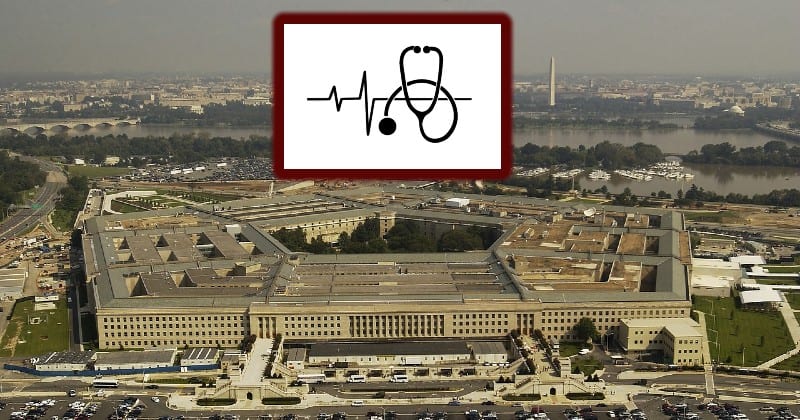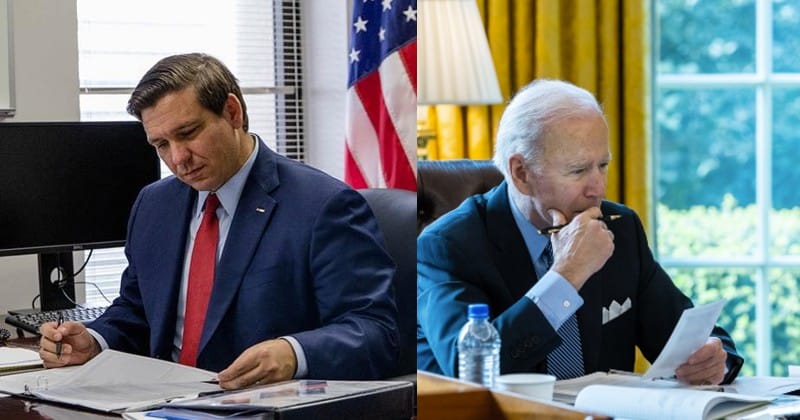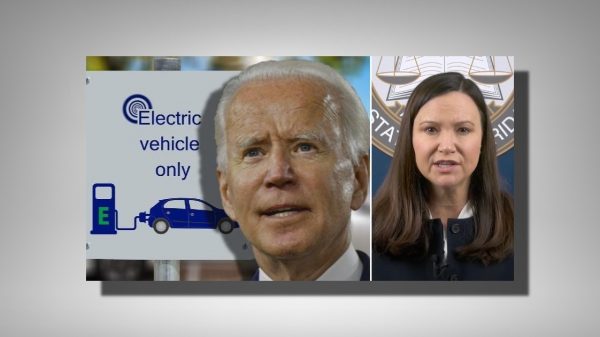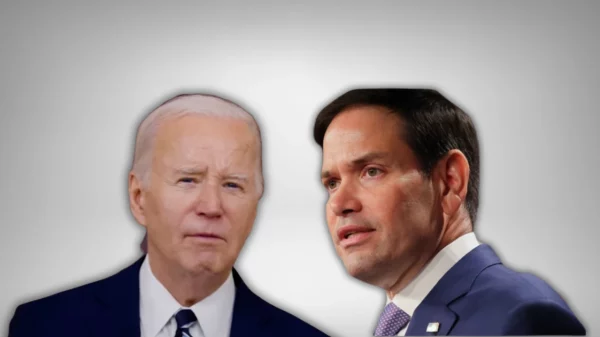Proper public health preparedness is more than a public good. Our experience with the COVID-19 pandemic has taught us that biodefense and pandemic readiness must be national security priorities as well.
COVID-19 overwhelmed our healthcare system, the economy, and America’s social fabric. Over the course of mere months, the crisis did what no foreign enemy or terrorist threat could ever accomplish – COVID-19 shut down America. Schools, church services, weddings, funerals, hospital visitations, elective surgeries, any gatherings over three people were cancelled. Businesses, restaurants, major-league sports, university campuses, travel were essentially closed by government fiat.
America was not prepared for the coronavirus, and as a result our personal freedom and prosperity were put in jeopardy. What’s more, the pandemic has claimed more than one million American lives, disrupted the mental health of our children, and cost the economy an estimated $16 trillion.
All that is to say that we must be ready for the next crisis.
Pandemic predictions are problematic. Except this one: it will happen again. If the Department of Homeland Security knew of an imminent threat against U.S. interests, the full force of American might and resources would track, mobilize, and develop aggressive methods to contain and defeat our enemies. What are COVID-19 and other potential viruses or biological hazards if not invisible threats to our national tranquility?
Public health is a national security issue. While our public health agencies continue to address and contain new COVID variants, elected officials and experts must urgently take the necessary steps to prevent the next pandemic – it’s not a question of ‘if it will happen’ rather than a certainty of ‘when it will happen.’ Congress and the Biden administration must mobilize both proactively and systematically to head-off this inevitable public health menace.
To ensure domestic tranquility and provide for the common defense are enumerated powers of the federal government. Policymakers need to look at pandemic prevention budgeting just as seriously as Members of Congress consider Medicare, Social Security, and national defense.
There are three main points of pandemic prevention: science, infrastructure, and resources. Congress needs to declare war on viruses and better fund a biodefense system that will protect American lives, ensure economic stability, and preserve our freedom.
Congress seems distracted and divided by a push for a New Green Deal while the important work of setting spending priorities in the annual appropriations process is being done out of the spotlight. Both parties should agree that fully funding pandemic preparedness and prevention is a serious health and national security issue that should be free of partisan bickering.
Recent news of President Joe Biden coming down with COVID-19 has drawn more focus on what specific actions the federal government should take to prevent anything like the lockdowns and panic we experienced in the first few months of the Covid crisis. Americans are worn out by news of a recession, high energy prices, and historic inflation.
The White House is pursuing a $31.4 billion spending package for COVID treatments, tests, and vaccines. However, Democratic leaders in Congress did not include the COVID money in a budget-reconciliation bill. For clarity, this COVID spending proposal is not the forward-looking investment necessary to combat future pandemics – it’s a mop-up proposal dealing with the fallout of yesterday’s health crisis. Regardless, the fact that no pandemic expenditures are in the budget-reconciliation bill is instructive as to the misplaced priorities of the majority in Congress and the administration. The $739 billion deal struck by Majority Leader Chuck Schumer and West Virginia Sen. Joe Manchin is nothing short of an economic disaster. What’s more, naming this bill the Inflation Reduction Act of 2022 is intentionally misleading. The purpose of the deal is to address the politics of the Green New Deal, not inflation – and certainly not public health.
Congress and the administration must refocus as we approach the appropriations process this fall. In the past, when a health crisis occurs, the public health response is politicized, slow, and incompetent. Why? The answer is surprisingly simply and obvious (in retrospect) – under-investment in our national biodefense. How to overcome our past mistakes requires a bipartisan commitment to a new “Moon Shot’ or ‘Operation Warp Speed’ – i.e., put our national interests before our partisan pursuits.
Resources should be geared to building a pandemic prevention and biodefense capability that will attack emerging infectious diseases, bio threats, and new pathogens, before they turn into national health emergencies. The threat of laboratory accidents is real as is the possibility of a hostile nation or rogue group using bioweapons against American citizens. So, we must build a coordinated and capable surveillance system to identify and respond before a health threat becomes a lockdown pandemic. And our biodefense system must be ready with counter measures based on the right science, not politicized science – let’s actually follow the science not the politicians.
Elected officials can – through the Congressional appropriations – finance the development of anti-viral drugs, antibiotics, vaccines, and therapies. And as COVID caused a massive disruption of supply chains that impacted medical goods, our biodefense strategies must include resources for diagnostics, health data, and early warning systems. Such early detection and deployment are a first line of defense so scientists and America’s innovative health companies can make ready more specific countermeasures.
The United States spends $170 billion per year on preventing another 9-11 terrorist attack. However, the Biden administration requested a mere $18 billion for pandemic prevention. It would seem that Members of Congress and the administration consider pandemic preparedness an urgent concern only when it’s politically convenient. Let’s hope that’s not true.
Jerry Rogers is the editor of RealClearHealth and the host of the ‘Jerry Rogers Show’ on WBAL NewsRadio. Follow him on Twitter @JerryRogersShow. This piece originally ran at RealClearHealth.















